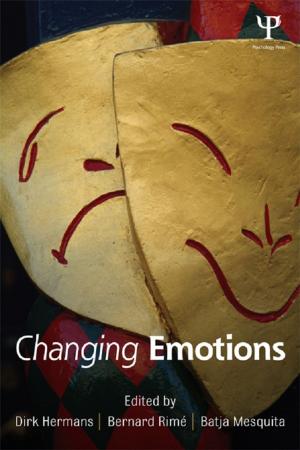Ethics without Morals
In Defence of Amorality
Nonfiction, Religion & Spirituality, Other Practices, Atheism, Philosophy, Ethics & Moral Philosophy| Author: | Joel Marks | ISBN: | 9781136202278 |
| Publisher: | Taylor and Francis | Publication: | November 12, 2012 |
| Imprint: | Routledge | Language: | English |
| Author: | Joel Marks |
| ISBN: | 9781136202278 |
| Publisher: | Taylor and Francis |
| Publication: | November 12, 2012 |
| Imprint: | Routledge |
| Language: | English |
In this volume, Marks offers a defense of amorality as both philosophically justified and practicably livable. In so doing, the book marks a radical departure from both the new atheism and the mainstream of modern ethical philosophy. While in synch with their underlying aim of grounding human existence in a naturalistic metaphysics, the book takes both to task for maintaining a complacent embrace of morality. Marks advocates wiping the slate clean of outdated connotations by replacing the language of morality with a language of desire.
The book begins with an analysis of what morality is and then argues that the concept is not instantiated in reality. Following this, the question of belief in morality is addressed: How would human life be affected if we accepted that morality does not exist? Marks argues that at the very least, a moralist would have little to complain about in an amoral world, and at best we might hope for a world that was more to our liking overall. An extended look at the human encounter with nonhuman animals serves as an illustration of amorality’s potential to make both theoretical and practical headway in resolving heretofore intractable ethical problems.
In this volume, Marks offers a defense of amorality as both philosophically justified and practicably livable. In so doing, the book marks a radical departure from both the new atheism and the mainstream of modern ethical philosophy. While in synch with their underlying aim of grounding human existence in a naturalistic metaphysics, the book takes both to task for maintaining a complacent embrace of morality. Marks advocates wiping the slate clean of outdated connotations by replacing the language of morality with a language of desire.
The book begins with an analysis of what morality is and then argues that the concept is not instantiated in reality. Following this, the question of belief in morality is addressed: How would human life be affected if we accepted that morality does not exist? Marks argues that at the very least, a moralist would have little to complain about in an amoral world, and at best we might hope for a world that was more to our liking overall. An extended look at the human encounter with nonhuman animals serves as an illustration of amorality’s potential to make both theoretical and practical headway in resolving heretofore intractable ethical problems.















